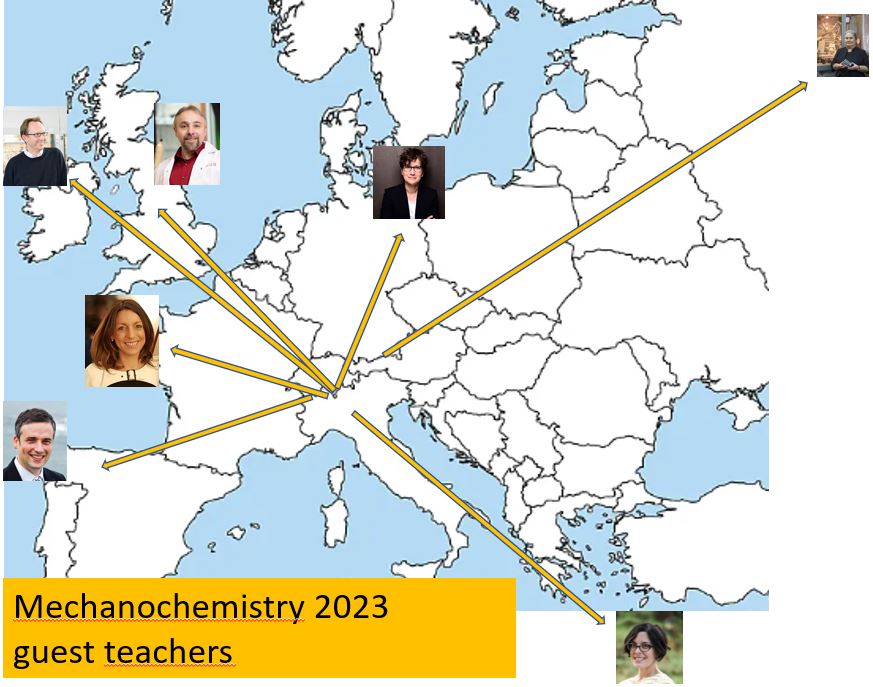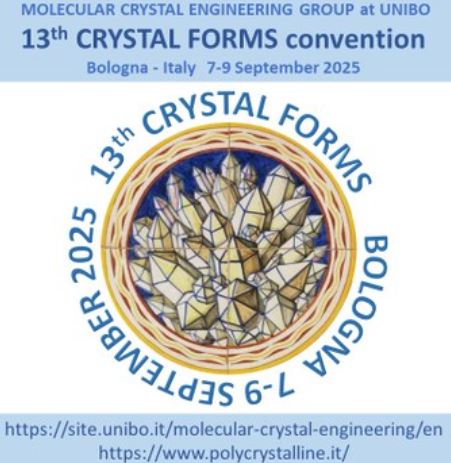The first course on Mechanochemistry @ Unibo has come to an end. I am extremely grateful to our guest teachers from Ireland, France, Russia, Israel, UK, Spain, Germany. Science without borders. Mechanochemistry is chemistry “benign by design” : using safer reagents or solvents, less toxic and non-toxic waste, limiting solvent use, hence the costs of their disposal, developing environmental friendly, energy-saving and cheaper processes.
We have shown the students of the master course on Photochemistry and Molecular Materials that “another chemistry is possible” by reacting compounds directly in their solid forms. We have also shown the “PROS” and “CONS” of solvent-free chemistry. PROS: cheaper, safer, quicker, often more selective and often with unique results. CONS: difficult to followe reactions, and need to characterize products with ex-situ or in-situ techniques, special equipments (ball mills, planetary mills, extrusion) are necessary.
After an historical introduction on the ancient origins of mechanochemistry, students attending the course were asked to read and discuss directly with the authors a series of publications on mechanochemical reactions and processes.
Guest professors covered,organic and inorganic mechanochemistry, applications of ex-situ and in-situ techniques as well as the scaling up and life cycle assessment of processes:
Elena Boldyreva Novosibirsk State University, Russia; Emmerling Franziska Federal Institute for Materials Research and Testing (BAM), Berlin, Germany; Stuart James Queen’s University Belfast, GB; Tomislav Friscic University of Birmingham, GB; Felipe Garcia University of Oviedo, Spain; Sabrina Spatari Technion Israel Institute of Technology, Haifa, Israel; Evelina Colacino Univ. Montpellier, CNRS, ENSCM, Montpellier, France. Lectures were delivered by Fabrizia Grepioni and by Lucia Maini who were also co-promoters of this new initiative of the Chemistry Department G. Ciamician



